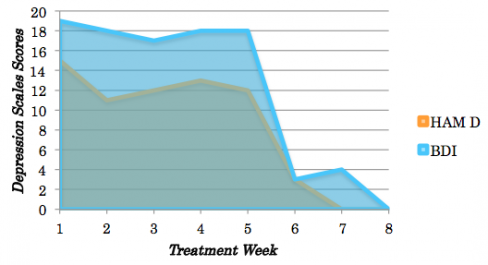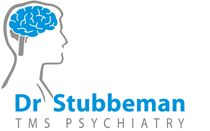Treatment of Depression
 Major depression can cause several problematic symptoms, including sadness, lethargy, loss of appetite, and feelings of worthlessness. These symptoms can create significant barriers in a person’s life, which is why it is important for an individual with depression to seek help from professionals who understand the most effective major depression treatment options.
Major depression can cause several problematic symptoms, including sadness, lethargy, loss of appetite, and feelings of worthlessness. These symptoms can create significant barriers in a person’s life, which is why it is important for an individual with depression to seek help from professionals who understand the most effective major depression treatment options.
Treating Major Depression with Drugs
Initially doctors prescribe drugs to help control the symptoms of major depression. Although this approach works well for some patients, it is accompanied with serious side effects. Major depression treatments that rely on a drug regimen could mean that the patient has to take those drugs throughout their life. Side effects of these drugs include weight gain, headache, upset stomach, loss of appetite, sexual dysfunction, and difficulty concentrating, thereby making long term recovery more difficult.
Treating Severe Depression with Psychotherapy
Various types of psychotherapy can help patients better cope with symptoms of depression by aiming to change their thinking habits in order to avoid falling into depressive modes of thought. However, some forms of psychotherapy can take months or years to be effective.
Treating Major Depression with TMS
Transcranial magnetic stimulation (TMS) is a revolutionary approach to treating a patient’s severe depression. TMS treats a patient’s depression by targeting specific regions in the brain that are known to control mood. Magnetic pulses are focused on these regions to stimulate neurons and strengthen the connections between them. In addition to being a non-invasive procedure, the effects are permanent, without the long term costs and side effects of oral medications.
TMS treatment takes several weeks or months. One or two treatments might have some improvement, but are unlikely to offer a long-term solution. With each treatment the brain’s mood center is activated. Over the course of treatment this mood center begins to function on its own and maintains this activity after the treatment cycle completes.
 Case Study :
Case Study :
28 year-old male with severe depression and tinnitus. He lost his job and was unable to leave his house and had frequent tearfulness with no triggering incidents. He was treated for his depression and tinnitus with TMS. His depression rapidly resolved as did his tinnitus, subsequently. He is now fully functional and applying for professional level work.
